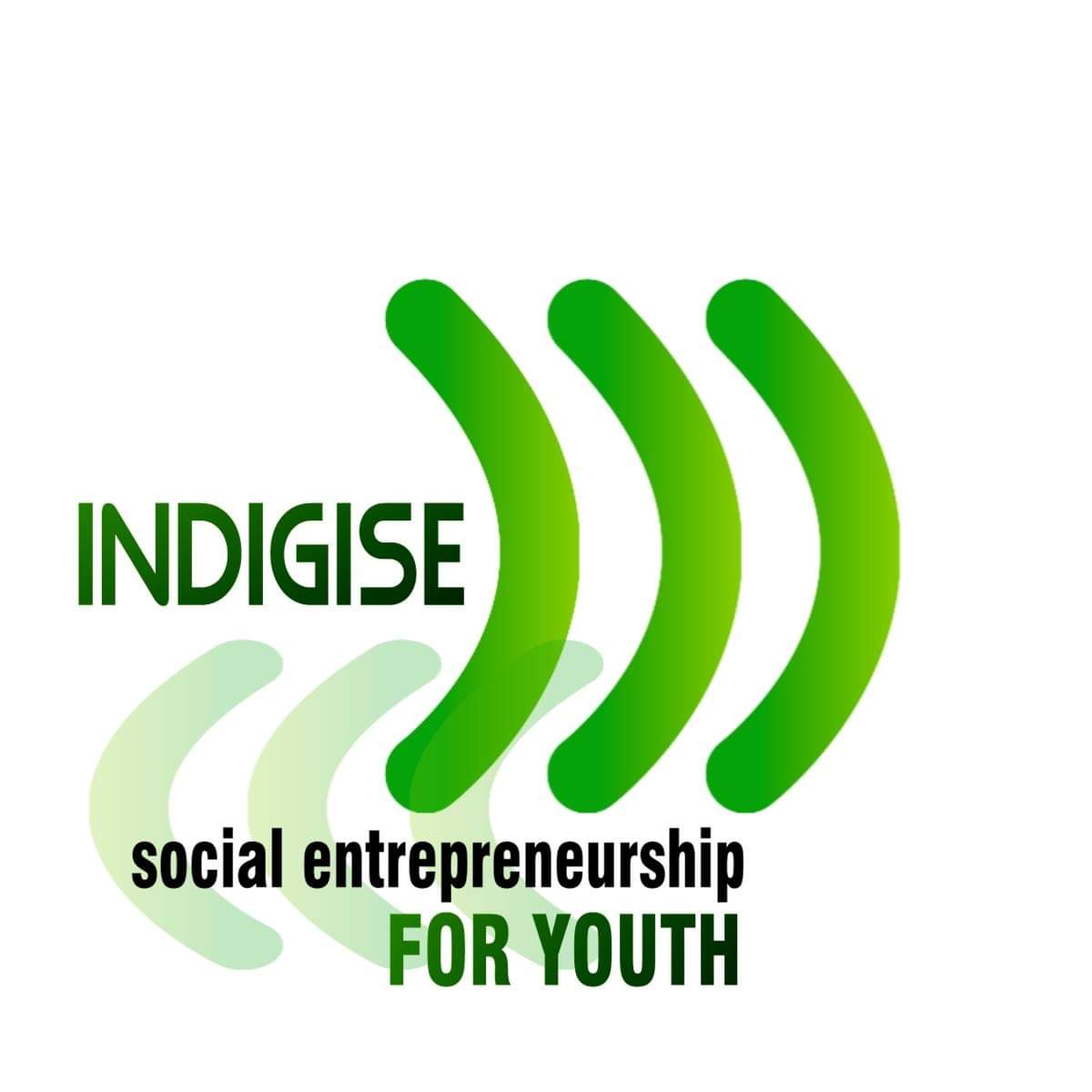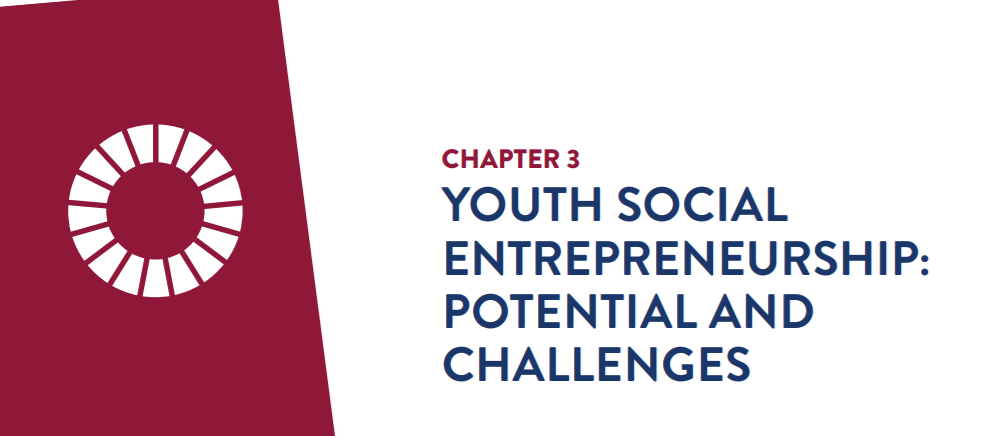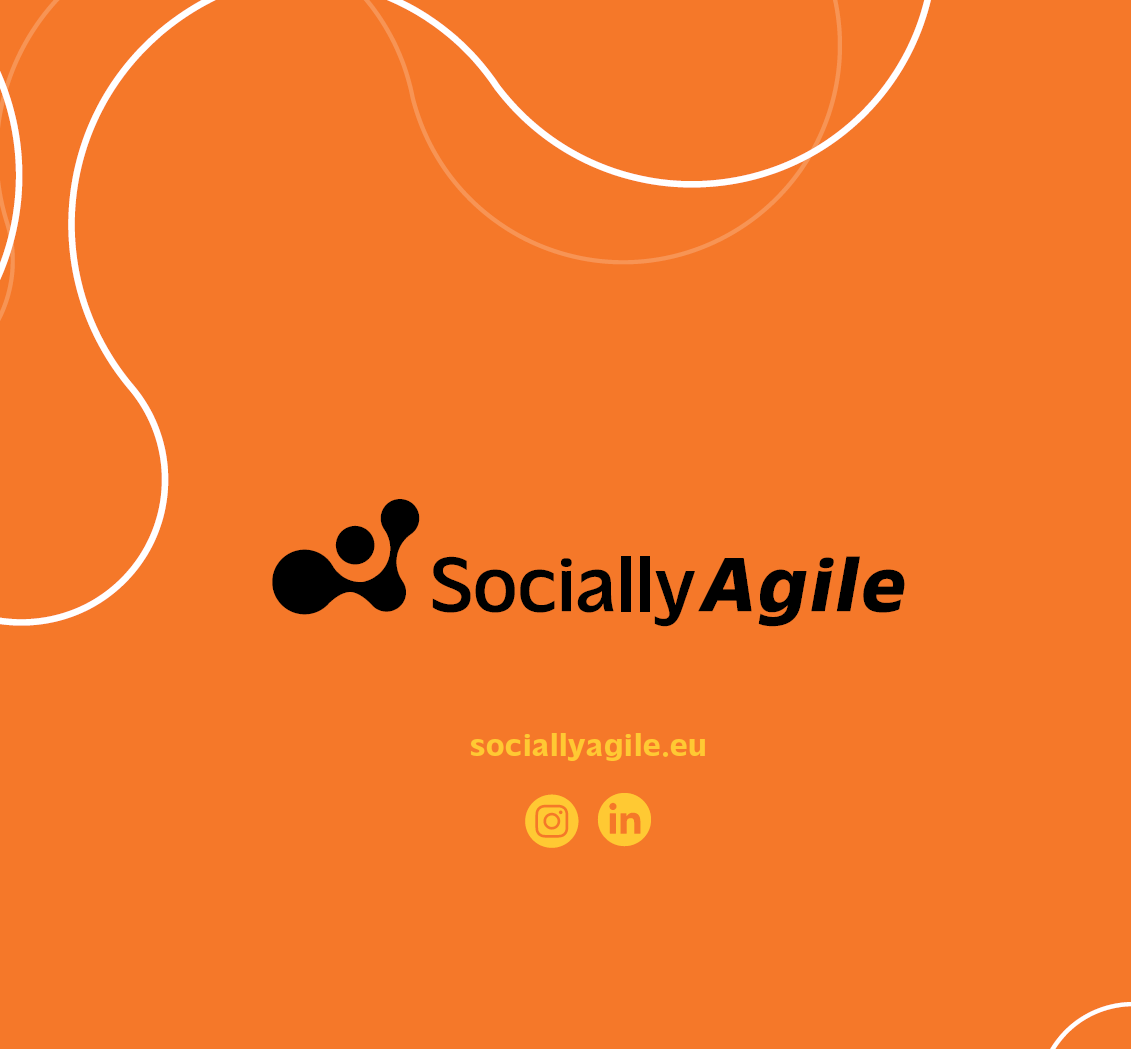Numerous studies show that today’s young people are highly motivated to generate positive social change (Lewis, 2016; Punadi and Rizal, 2017). Social entrepreneurship may have great potential to mobilize youth to engage in efforts to achieve major social objectives, including employment creation, poverty reduction, inclusion and integration. Dedicated to serving the common good, social enterprises established by young people can directly contribute to the achievement of a number of Sustainable Development Goals (Holt and Littlewood, 2014).
What is it that enables youth to succeed or impedes their success as social entrepreneurs? This chapter explores the many factors and circumstances than can impact young people’s involvement in social entrepreneurship and their efforts to effect social change through social enterprises. Two key questions are addressed: What activities, settings and conditions (including support structures or the lack thereof) promote or impede the success of youth social entrepreneurship? What do practitioners, researchers and policy experts suggest is most needed in this field?
It is argued in this chapter that young people have significant social assets, including first-hand knowledge of their communities, and that they are naturally disposed and uniquely positioned to provide innovative solutions to social problems. However, ageism and institutional bottlenecks limit opportunities for young people to launch and develop their own social enterprises, which means that young people’s chances of success are often linked to external factors over which they have little or no control. With evidence indicating that tailored support can increase the quantity and quality of successful social enterprises, it is suggested that policies and programmes be strengthened or put in place to support young people throughout the life cycle of a social enterprise. The chapter also examines how intergenerational approaches to social entrepreneurship (such as mentoring) and formal and informal education can help young people fill business-related knowledge gaps they may have due to their age.
Please download the full text HERE.


This publication has been prepared within INDIGISE project. The content of this publication is the sole responsibility of the project coordinator and may not always reflect the views of the European Commission or the National Agency.















Leave A Comment